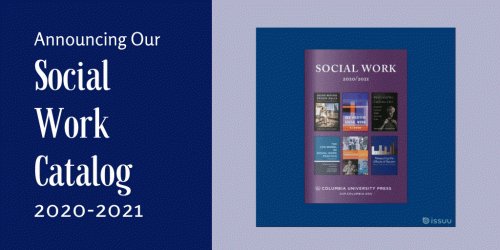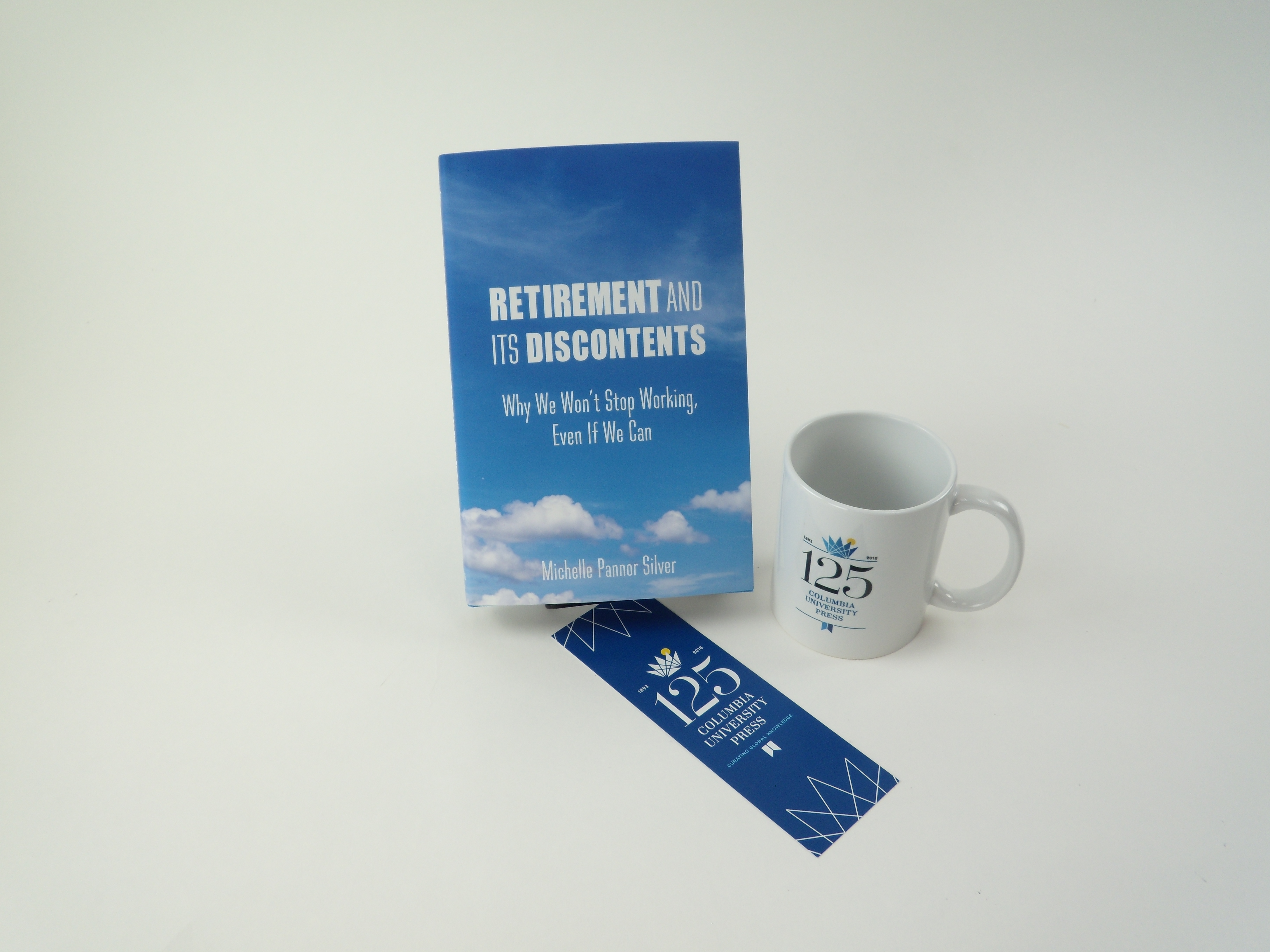Our Parents’ Things—A Father’s Day Reflection
By David Ekerdt

“Downsizing is a must-read; chock-full of wisdom gleaned from interviews with hundreds of older adults who have gifted, donated, or sold their “stuff” before relocating to a smaller home. Ekerdt’s masterful writing poignantly reveals why parting with cherished possessions is such a meaningful life transition.”
~Deborah Carr, author of Golden Years? Social Inequality in Later Life
As life unfolds, things tend to accumulate. When older adults undergo health, residential, and marital changes, they will face a reckoning with their lifelong store of possessions—special, ordinary, and forgotten. This Father’s Day, David J. Ekerdt, author of Downsizing: Confronting Our Possessions in Later Life, offers advice on how to help our parents let go of their things.
• • • • • •
On the Oregon Trail in 1846: “At a meeting of the men of the wagon train, it was decided to throw away every bit of surplus weight so that better speed could be made.”
Years later, Lucy Ann Henderson recalled this episode from her childhood.
“A man named Smith had a wooden rolling pin that it was decided was useless and must be abandoned. I shall never forget how that big man stood there with tears streaming down his face as he said, ‘Do I have to throw this away? It was my mother’s. I remember she always used it to roll out her biscuits and they were awful good biscuits.’ ”
Forever after, according to Lucy Ann, the man was known as “Rolling Pin Smith.” There are worse things than being nicknamed for an heirloom that was cherished for its part in memories of a mother’s care.
Our possessions today are not as minimized as those on the wagons of the Oregon Trail. But we too are conducting entire households of goods across time and place. Like the rolling pin, some of our belongings are immediately useful and some are special and dear, but many are not. There are thousands of things in a modern household, most stored away out of sight, some of which have even been forgotten. Who among us, for instance, actually knows all that’s down there under the kitchen sink?
“Can we—should we—continue to accommodate all our material things?”
As life unfolds, things accumulate as we go about the business of being workers, partners, parents, hobbyists. All these involvements need provisioning. At certain junctures, we ask, as they did that day on the Oregon Trail, whether our lives may be overequipped for the next stage of the journey. Can we—should we—continue to accommodate all our material things? Right now, in the months of Mother’s Day and Father’s Day, the generations can ask themselves and each other: Is the upkeep of all this stuff sustainable?
Thinking about household contents tends to go off on a tangent about clutter and housekeeping. Clutter is, properly, things in the wrong place, just as weeds are plants in the wrong place. Although homes may be messy, clutter is not the issue in later adulthood so much as the quantity and volume of possessions. One’s things may all be squared away, tucked into furniture, cupboards, attics, and cellars, but still be disproportionate to the life being lived now.
If adults want to raise the topic of downsizing with their older parents, possession shaming and scolding will not help. About three-fifths of older adults in one national survey admitted to having “more things than I need.” In interviews with retirees and sometimes their adult children, conversations conducted in over 150 households over the last 15 years, my research partners and I have found that people are often sheepish, apologetic, and somewhat mystified about how they’ve come to have what they have. Elders already perceive some unease about overfull households—there is no need to pile on.
“If adults want to raise the topic of downsizing with their older parents, possession shaming and scolding will not help.”
When discussing downsizing with parents, one must always, always offer to help with the chore. Here are some arguments to convince your parents to get on with it: Do it while you still have the health and stamina to take care of things, especially those cherished objects that you want to protect. Do it as a gift to your family. Think about your privacy; there are things that should not be read or held up for inspection by family members. Eventually, with a lighter load you’ll have far more flexibility if you should want or need to move.
Offer to pay for needed services. This is not an option for everyone, but it could get the process moving and make further steps conceivable. So there’s a piece of furniture or a set of books thought to be valuable. Contact an appraiser and put that to the test. Hire a home organizer who specializes in the rerouting and recycling of household goods. Arrange a pickup for hazardous waste like chemicals, paint, and oil, along with that old TV.
Finally, offer to take things. I commonly hear that “the kids don’t want any of the stuff.” There can be good reasons for refusing to accept things, but once downsizing has begun and belongings must be divested, I have this suggestion for relatives or even friends. When things are offered, take them. And take some more, because the receiving of things is a true act of generosity. When things are offered, instead of fending them off as “not my taste, Mom” and “not my style” and “I don’t need it,” instead you might affirm the giver with open arms.
Possession divestment at any age is time-consuming and laborious. Couples will not always be aligned in their desire to do this. Certain things will be painful to part with because each is a piece of oneself. In tears, Mr. Smith was required to surrender his mother’s rolling pin so that the group could make “better speed.” Wanted or unwanted, life moves into the future. Setting that life on a smaller stage by reducing the stock and store of household possessions—we could see it as a step down, or we can choose to see it as a step forward.







